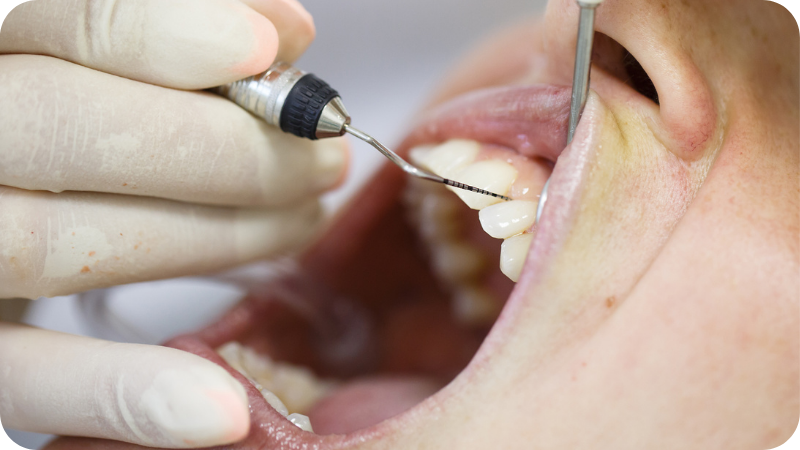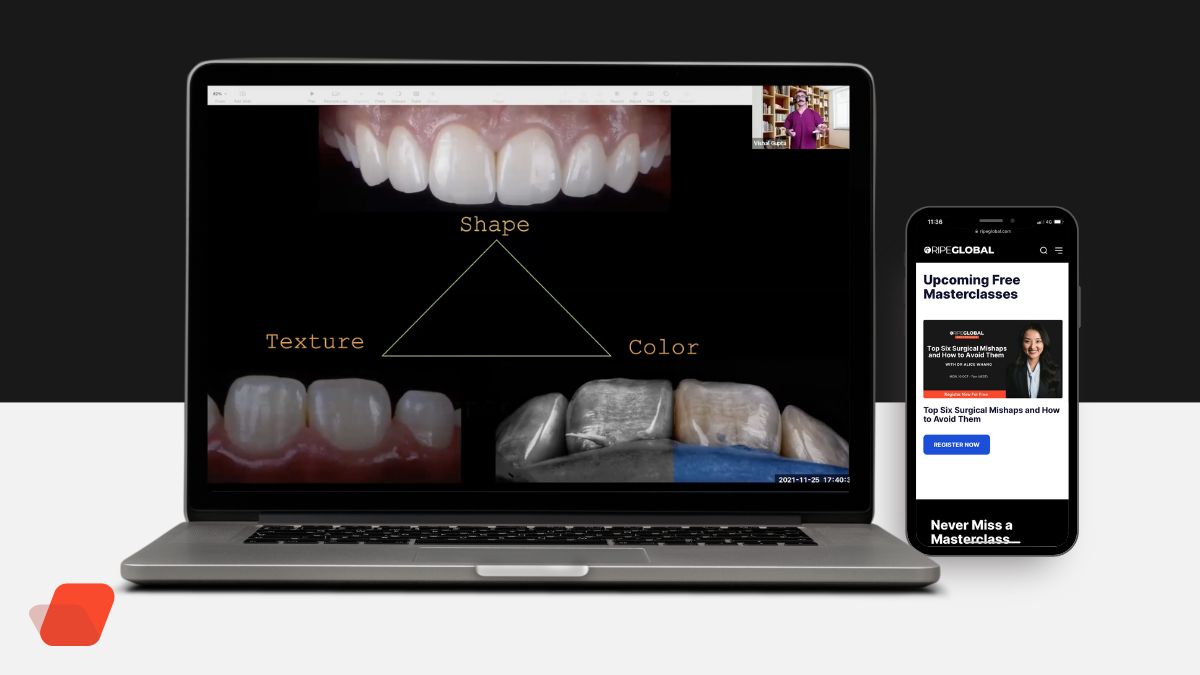What is Periodontal Disease? Learn the answer to these important questions so that you can educate your patients on the prevention and treatment of gum disease. So what is Periodontal Disease? What are the causes? and how can it be prevented? Keep reading to find out!
Periodontal disease is a dental disease that affects the gums and supporting structures of the teeth. Periodontal disease Occurs when bacteria surrounds the teeth and is left undisturbed over a period of time. Plaque is a soft white substance that overtime becomes hard and sticks to the tooth. Once the buildup becomes hard, the gums can no longer seal around your tooth and allows the bacteria to multiply causing further inflammation.
In its early stages it is often painless and without a dental check up some people may not be aware that they have the disease. One of the early signs of gum disease is bleeding gums, this is also known as gingivitis. If left untreated, periodontal disease can become severe and can lead to damage to the gum tissues, the supporting bone structures and result in loss of teeth due to the Loss of these supporting structures
The aetiology of periodontal disease can be a result of various factors. Poor dental hygiene is the number one reason for developing the disease however it can also be hereditary. Smoking is also a major risk factor for periodontal disease. While smoking doesn’t cause gum disease, It increases your risk significantly as it reduces your ability to fight infection and also masks the symptoms of the disease.
Certain medications can also cause periodontal disease. Medications that contain steroids, such as prednisone, can reduce the amount of saliva in the mouth, which can lead to a build-up of plaque. Anti-seizure medications, such as Dilantin, can also cause gum problems.
The best way to prevent periodontal disease is to practice good oral hygiene. This means brushing your teeth twice a day with toothpaste that contains fluoride, flossing daily, and using a mouthwash, as well as having regular dental check ups and professional cleans to reduce your risk of developing the disease. This will help identify any early symptoms before the disease becomes severe.



